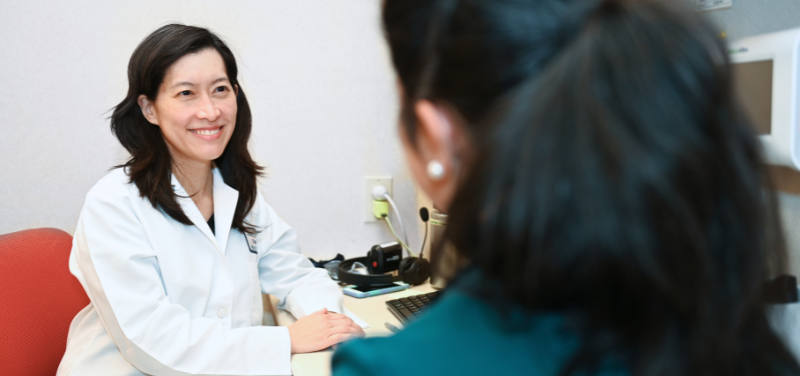Our Services
The Charles B. Wang Community Health Center (CBWCHC) provides both comprehensive primary care and social services under one roof. We treat patients of all ages, emphasizing wellness and preventative care in all our core services: Internal Medicine, Pediatrics, OB/GYN, Dental Care, Primary Eye Care, and Mental Health. In addition, our Social Work and Health Education departments support patients and the community.



















